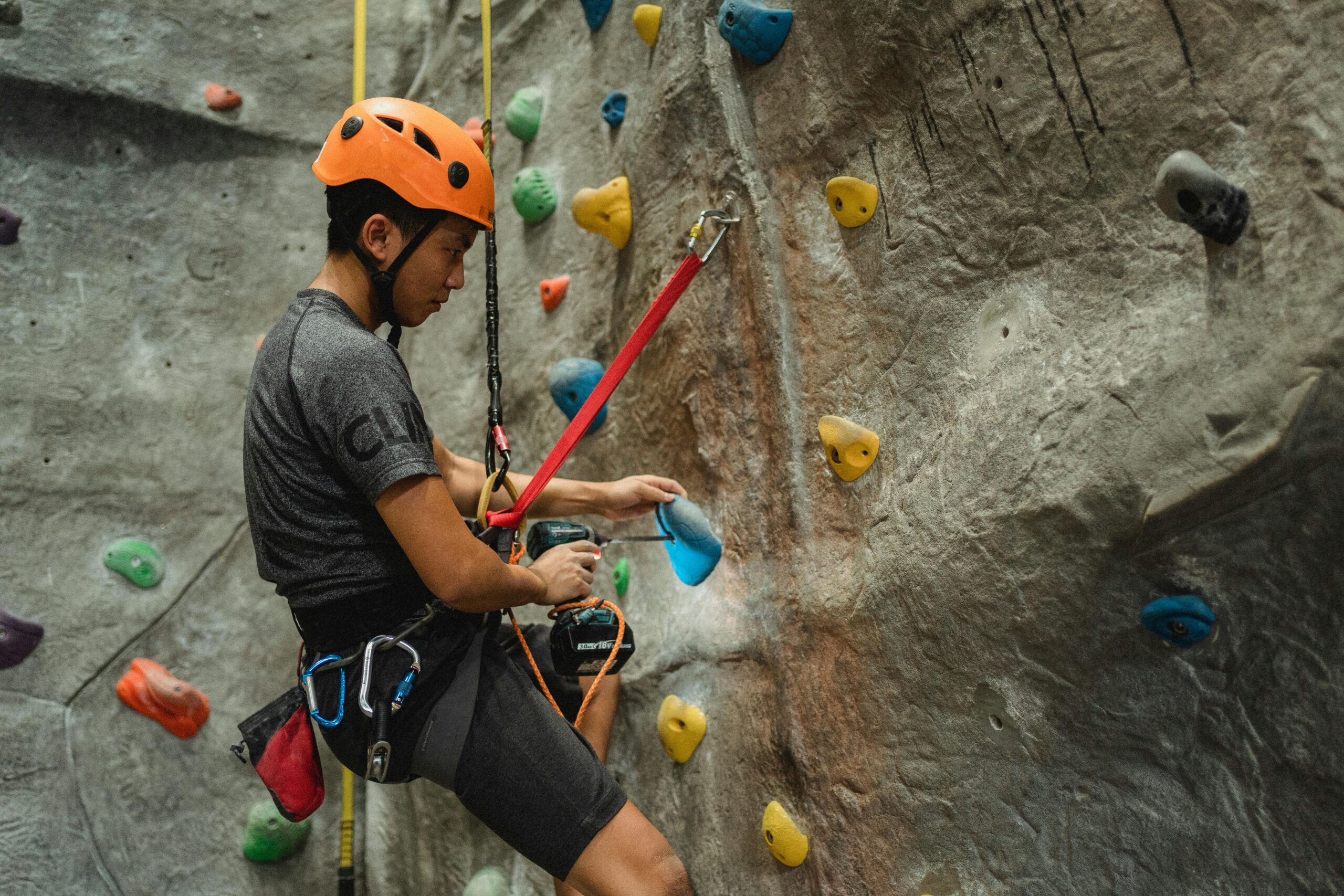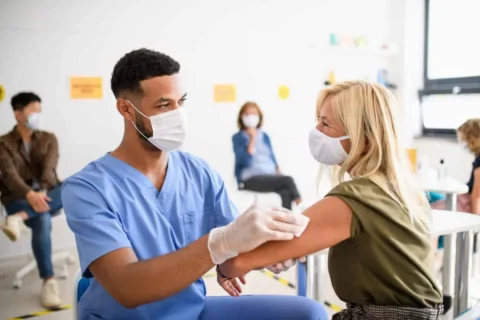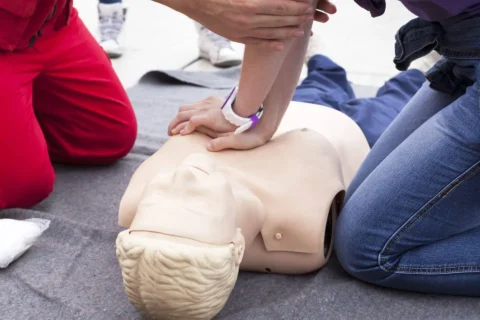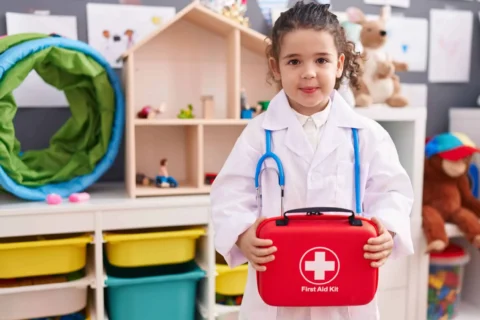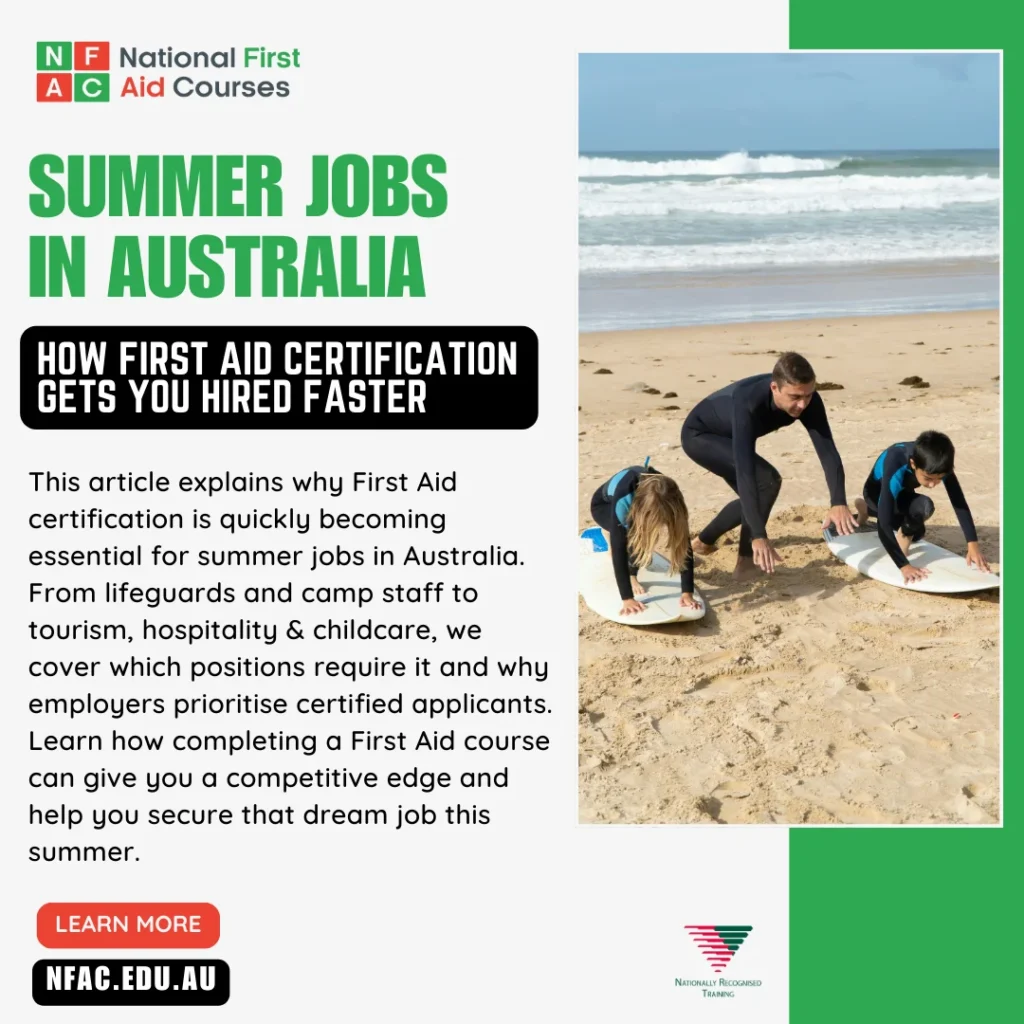
Key Takeaways for Summer Job Seekers
Why First Aid Training Matters for Summer Jobs in Australia
Why First Aid Certification Gives You a Competitive Edge This Summer
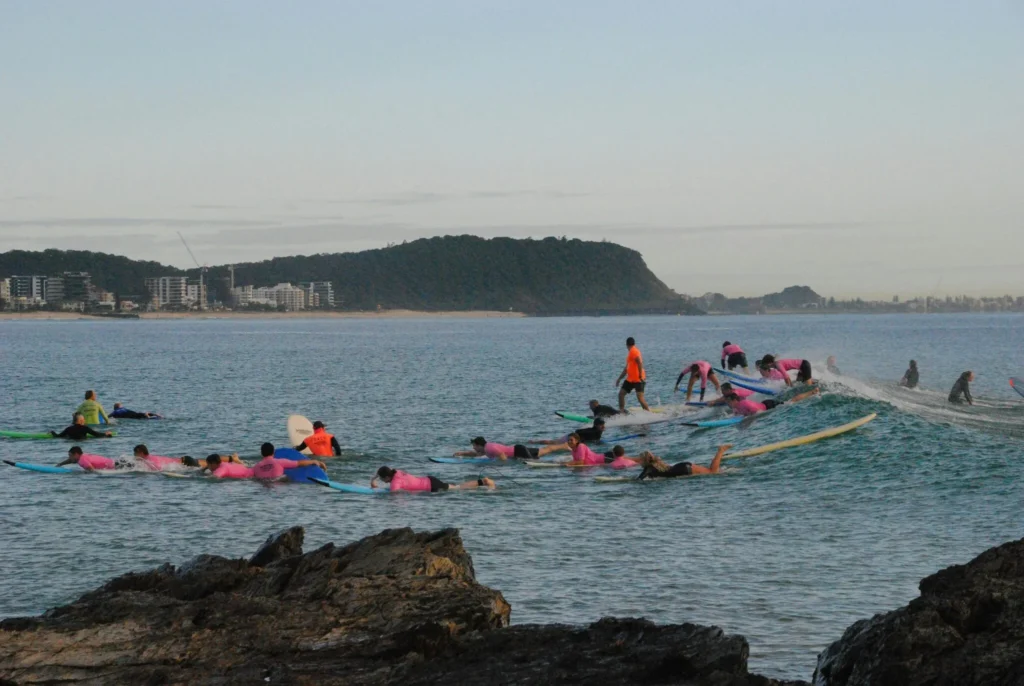
The 3 First Aid Courses For Summer Job Seekers in Australia
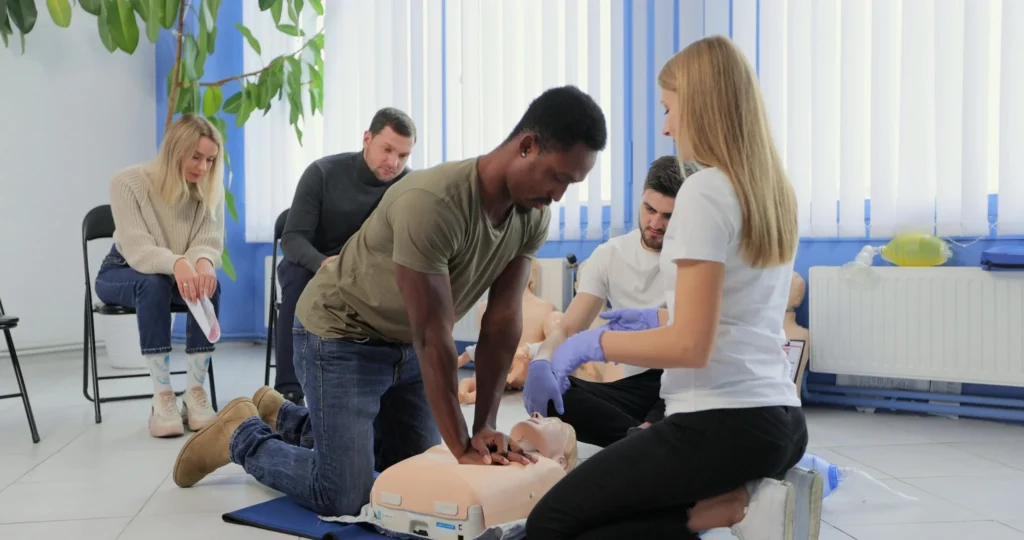
The Benefits of Getting First Aid Certified Now
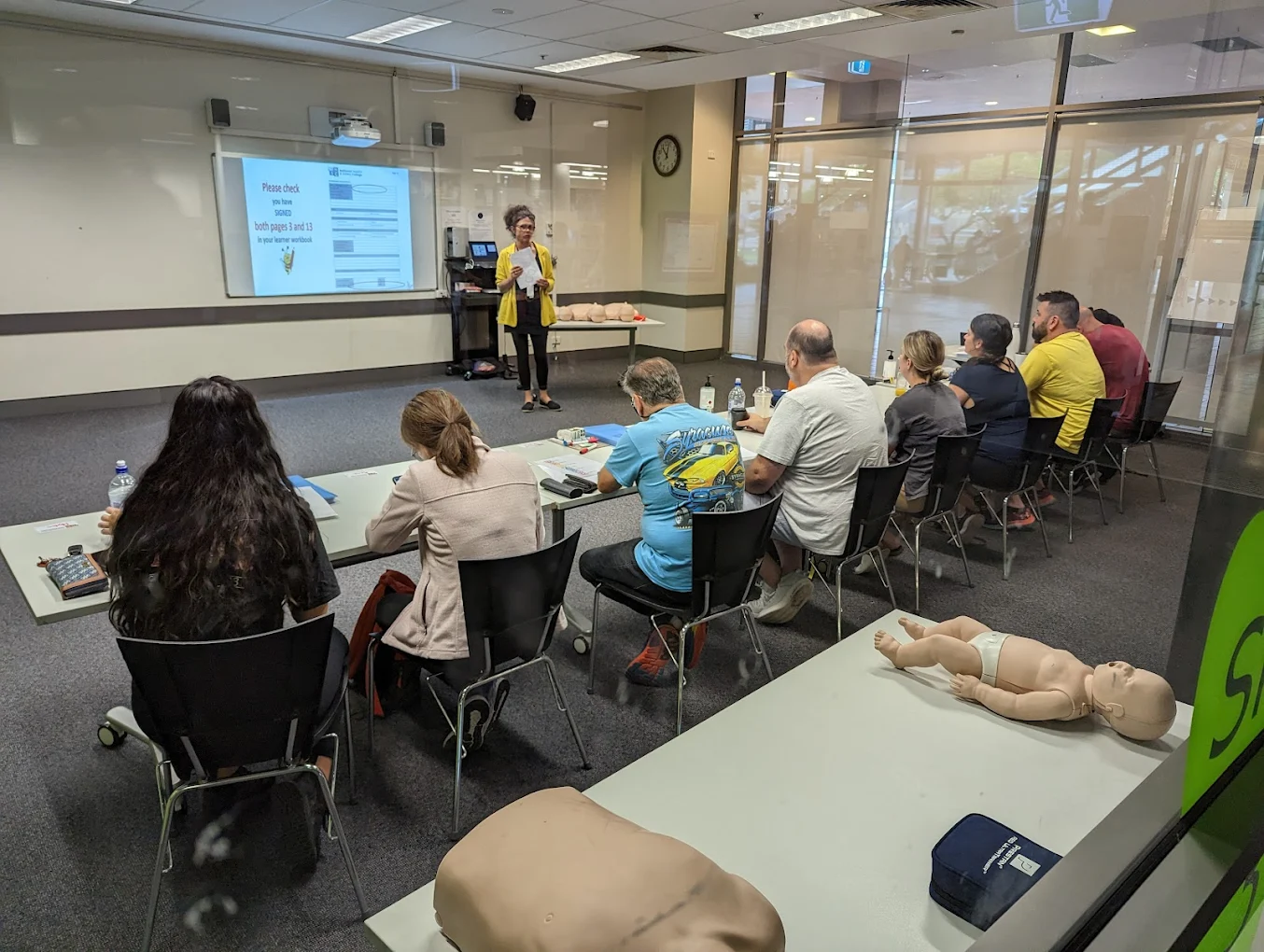
FAQ: First Aid for Mining Jobs

Do all summer jobs require First Aid training?
Not all, but many employers prefer it. Jobs in events, tourism, hospitality, and outdoor work often list First Aid as a desirable skill. For roles in childcare, school holiday programs, kids’ sports coaching, and camps, it’s usually mandatory under state legislation because you’re responsible for children’s safety.
Which First Aid certificate do I need for summer jobs?
-
General roles (hospitality, events, tourism): HLTAID011 – Provide First Aid.
-
Jobs with children (holiday programs, babysitting, camps): HLTAID012 – Provide First Aid in an Education and Care Setting. This is required under the Education and Care Services National Law and Regulations for anyone working with kids in most states.
-
CPR requirements: CPR (HLTAID009) is included in both courses but needs annual renewal.
-
How long is a First Aid certificate valid for?
-
First Aid certificate: 3 years.
-
CPR component: Refresh every 12 months to stay current.
-
How quickly can I get certified?
You can complete a nationally recognised course in one day, typically within hours (depending on the course you choose).
Does it really make a difference for casual summer jobs?
Yes — and here’s why:
-
Many employers auto-filter resumes on job boards based on qualifications.
-
Having First Aid helps you pass those filters and land an interview faster.
-
For roles supervising kids or working at pools, you won’t even be considered without it.
-
How much does it cost, and is it worth it?
CPR course only costs $50 and other first aid courses (HLTAID011 or HLTAID012) cost $90-$110 depending on your state. For a nationally recognised qualification that lasts 3 years and can open doors to higher-paying or priority shifts, it’s an investment that pays for itself quickly.
Can backpackers, students, or visa holders do a first aid course?
Yes — anyone can enrol in a nationally recognised course as long as you meet the basic language and literacy requirements. Many international students and working holidaymakers do this to improve their job prospects.
Do I need extra certifications if I’m working with children
Yes. In addition to HLTAID012, many employers require a Working With Children Check (WWCC) or equivalent clearance in your state. First Aid alone won’t be enough for child-related jobs.
Does having First Aid help with getting better shifts or pay?
Definitely. Staff with First Aid training are seen as more responsible and valuable, so employers often give them priority rosters, more hours, and even team leader roles for events or camps.
Accredited First Aid Training To Help You Get Your Dream Job This Summer!
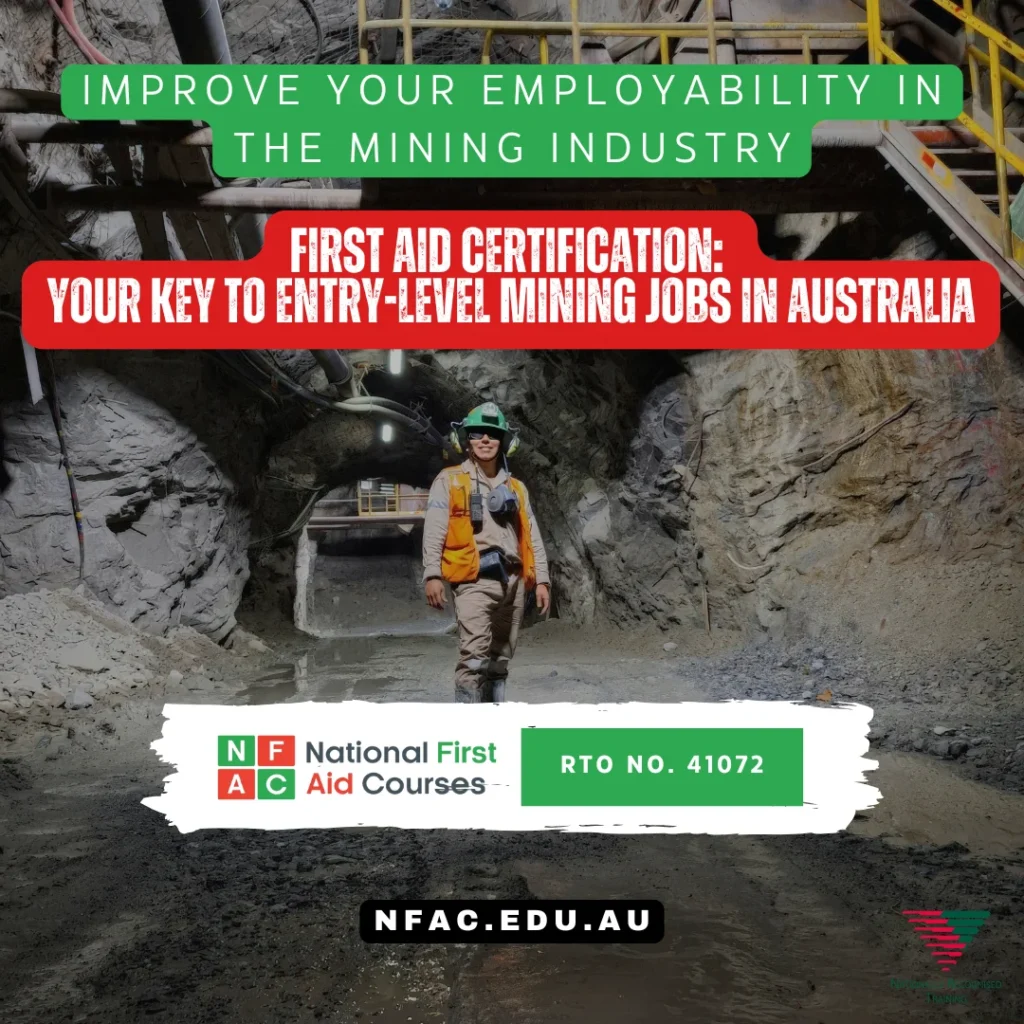
If you’re serious about landing seasonal work this summer, the right training provider matters just as much as the qualification.
At National First Aid Courses, we don’t just tick a box — we set you up for real success.
-
Nationally Recognised Certification – Accepted across all states and territories, so you’re covered wherever the job takes you.
-
Face-to-Face Practical Training – Employers value real skills, not shortcuts. That’s why we focus on hands-on learning with scenarios you’ll actually face on the job.
-
Convenient Locations & Flexible Times – From major cities to regional hubs, we make it easy to fit your training around your schedule.
-
Expert Trainers with Industry Insight – Our trainers don’t just teach—they share real-world experience from working with employers, recruiters, and industries hiring right now.
-
Fast Certificates – Need proof for your job application? You’ll receive your statement of attainment quickly, so you can apply without delays.
-
Best Price Guarantee – We keep our courses affordable without compromising on quality.
Every summer, thousands of Australians miss out on jobs because they’re not certified. Don’t let that be you.
Whether it’s lifeguarding, tourism, hospitality, childcare, or outdoor adventure work, first aid can be the difference between getting hired or getting overlooked.
Get job-ready today.
Book your course with National First Aid Courses and take the first step toward the roles you want this summer.

